How Farmers and Ranchers Can Find Recovery Assistance and Plan for Resilience
 Print This Post
Print This Post

Photo taken after the CZU Complex Fire. This valley, once stewarded by the Ohlone Costanoan Native Americans, is now called Rancho del Oso Nature and History Center, and is part of Big Basin State Park. It has been home to several certified organic farms including Route One Farms, Two Dog Farm, Ridge to Reef Organics, and Sky to Sea Farm. Photo: Jeff Larkey
By Ann Baier, NCAT Sustainable Agriculture Specialist
Instead of the usual “traffic and weather” last week our local radio stations provided a regular “traffic, weather, and wildfire report.” These updates include status reports on fires in our region, with information on road closures and evacuation orders.
Here in California, we had dry lightning storms that sparked multiple complex fires across the state. After several tense days, I am catching my breath, grieving what has been lost, and grateful for what remains. Authorities are not finished assessing the damage or counting the losses because the fires are still burning. So far, in our county alone, 925 homes, 171 commercial structures and 388 other structures are confirmed to be completely destroyed. That’s not counting other farm infrastructure, irrigation systems, or loss of tractors, farm equipment and vehicles. Many have established crowdfunding sites such as GoFundMe sites to ask for private donations. Behind every number in every region under this declared “state of emergency” are the faces, fields, orchards and livelihoods of many small farms. We have worked with and learned from these amazing farmers, as we held workshops and visited their unique operations.
The farmers’ path to recovery will be long and hard, but they will not be alone. We know our region is one of many farming communities across the country impacted by storms, fires, and other disasters this season. If you have been recently affected, here are some ways to learn about and seek disaster assistance for relief and recovery. The article “USDA Assists Farmers, Ranchers, and Communities Affected by Recent Wildfires” provides many useful links to recovery resources. If you have not yet experienced a disaster in your area, now is a very good time to develop a disaster preparedness and resilience plan. Start by reviewing the resources below.

Wadell Creek flows through this valley past several small organic farms. I visited two of these farms on Friday 8/14 and took these photos.
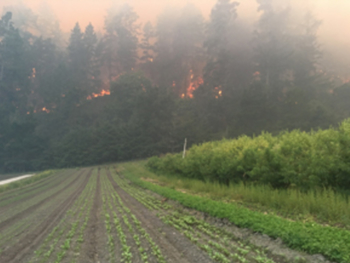
Following a heat wave, a dry lightning storm sparked fires early Sunday morning 8/16. Over the next couple days, the Wadell and Warrenella fires spread and merged with several other fires to become the CZU Lightening Complex, one of several Complex Fires around our state. As Pete Rasmussen of Ridge to Reef Organics and longtime farmer Jeff Larkey of Route One Farms irrigated the field perimeters, Tuesday evening 8/18, they snapped these photos, some of which helped Pete illustrate to his CSA members why they would not be receiving a box on Wednesday.
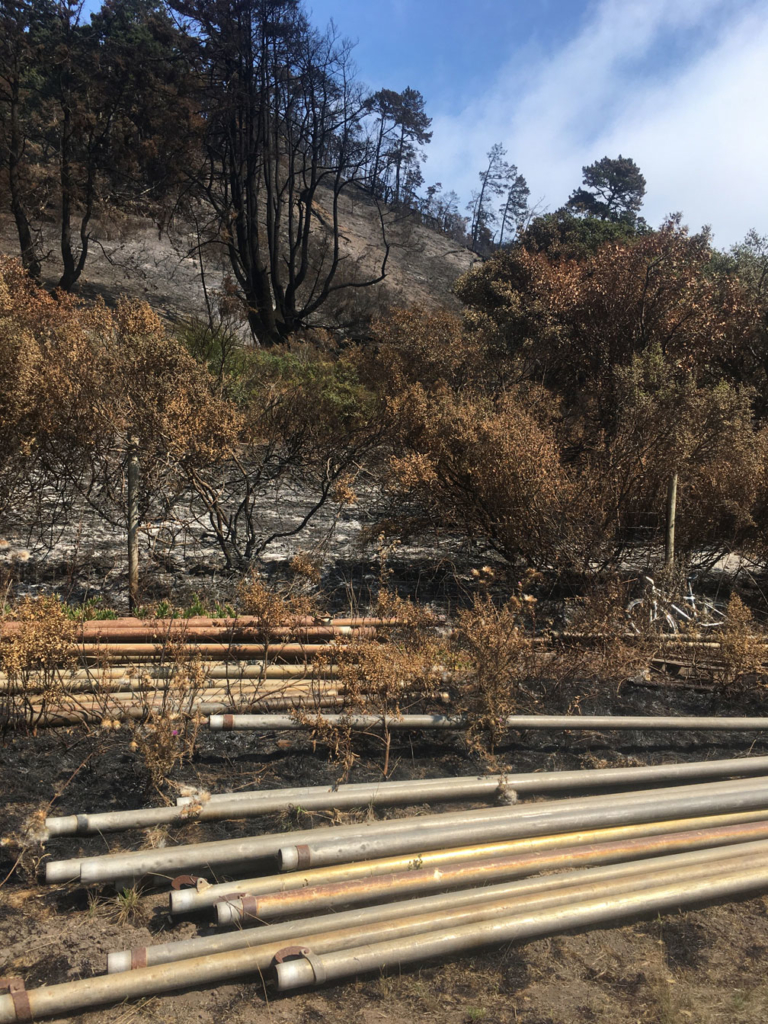
Sprinkler pipe, after the fire burned to the edge of the farm.
Relief and Recovery Resources
Your county may have information to guide people and businesses in their recovery efforts.
California Resources
Santa Cruz County
San Mateo County
Yolo County Resource Conservation District (RCD)
General Guidance
The following links include to federal resources and guidance that are relevant for many locations.
Navigating Disaster Assistance for Farmers
FarmAid Resources for Farmers
DisasterAssistance.gov
U.S. Department of Agriculture (USDA)
Disaster Assistance Discovery Tool (Begin!)
USDA Disaster Assistance Programs At a Glance
USDA Disaster Resource Center
Natural Resource Conservation Service (NRCS)
Find your local office with this Service Center Locator
Post-Fire Disaster Assistance
NRCS Catastrophic Fire Recovery Initiative
Farm Service Agency (FSA)
FSA Disaster Assistance Programs
Crowdfunding
Private donations from family, friends and people who care are also an important strategy to help people gather unrestricted funds. GoFundMe is a popular platform.
Resilience, Emergency Preparedness, and Planning
If you are reading this from your own farm, home, or office, you are fortunate! But it’s not time to sit idle. September is National Preparedness Month. It’s a good time to review your existing preparedness plan, or put a new one into place.
There are many steps you can take to get prepared for an emergency and increase your capacity for resilience. Review your family evacuation plan, secure your important papers, and check your insurance policies to be sure they are adequate. Take photos of your property. Set up recordkeeping systems to document your production history. Get to know your region’s Farm Production and Conservation (FPAC) Business Center, Farm Service Agency (FSA), Natural Resources Conservation Service (NRCS) and Risk Management Agency (RMA). Learn how to live with fire as part of the landscape. Work on fire safety projects, such as fuel reduction. (Our neighborhood began early this summer to clear entry roads and escape routes, chipping the trimmings into mulch with a grant from our Resource Conservation District). Plant a cover crop to minimize erosion and build healthy soils that are ready for the next storm, next growing season, and the next generation. The more proactive you are, the more resilient you can make your farm, business, family, and future.
Related Resilience Resources
USDA Farmers.gov
The Conserve section of this website will help you access conservation assistance.
USDA Farm Production and Conservation
Prepare for Emergencies, Small Business Administration
Crop Insurance for American Farmers and Ranchers, Risk Management Agency
Rethinking Crop Insurance in the Time of Pandemic: Risk and Uncertainty
A blog post by NCAT Agriculture Specialist Jeff Schahczenski explaining options such as Whole-Farm Revenue Protection and Noninsured Crop Disaster Assistance Program.
The Era of Not Living With Fire is Over, Bioneers Pulse newsletter
Seeding After the Fire, USDA Guide developed by Sonoma County NRCS and RCD

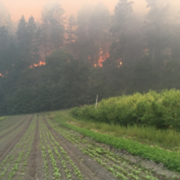
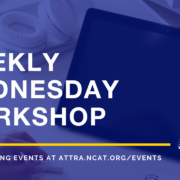
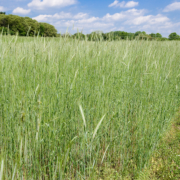
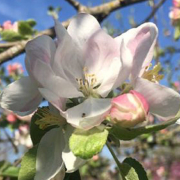
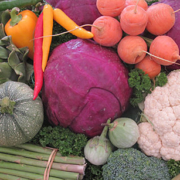
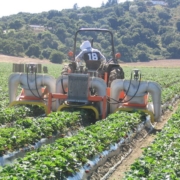
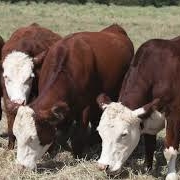
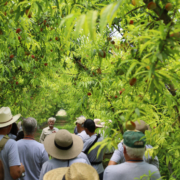
 USDA photo by Lance Cheung
USDA photo by Lance Cheung